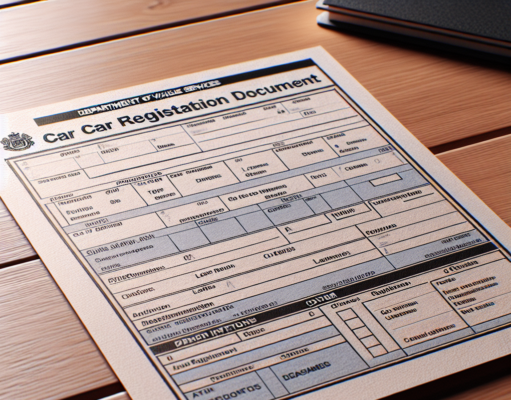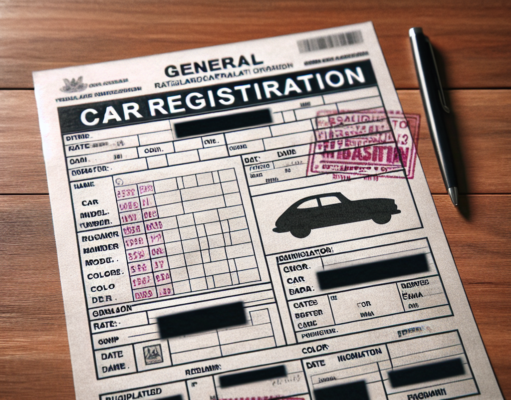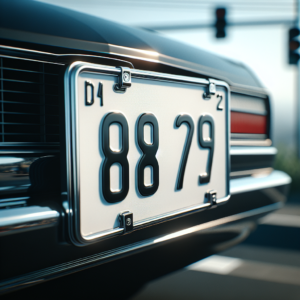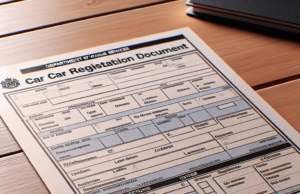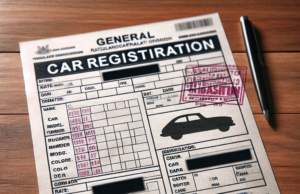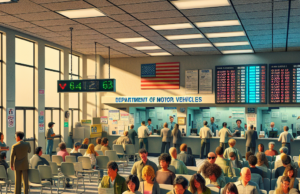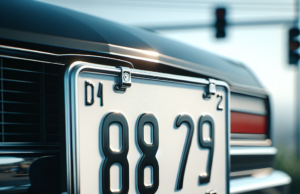Unveiling the Thrills of Cruise Night Events: A Hidden Automotive Culture

Cruise night events have emerged as a vibrant and dynamic aspect of automotive culture, drawing enthusiasts and casual observers alike to celebrate their shared passion for vehicles. These gatherings, often held in local parking lots or along scenic routes, serve as a unique intersection of community spirit and automotive enthusiasm. As the popularity of cruise nights continues to grow, it is essential to explore their historical roots, social dynamics, and the economic impact they have on local communities. This article delves into the multifaceted world of cruise nights, offering insights into what makes these events a cherished tradition among car lovers.
Understanding Cruise Night Events: A Unique Intersection of Community and Automotive Enthusiasm
Cruise night events are informal gatherings where automotive enthusiasts come together to showcase their vehicles, share stories, and enjoy the camaraderie of like-minded individuals. Typically held in the evenings, these events provide a relaxed atmosphere for participants to display their cars, ranging from classic models to modern performance vehicles. Beyond the automotive showcase, cruise nights foster a sense of community, allowing attendees to connect over their shared interests. The events often feature music, food vendors, and family-friendly activities, making them accessible to a broader audience and creating an inclusive environment that welcomes both car aficionados and casual visitors.
The Historical Roots of Cruise Nights: From Classic Car Culture to Modern Gatherings
The origins of cruise nights can be traced back to the mid-20th century, when car culture began to flourish in the United States. Post-World War II, returning soldiers sought leisure activities that revolved around their vehicles, leading to the rise of cruising—driving slowly along popular routes to showcase cars and socialize. As the classic car movement gained momentum in the 1970s and 1980s, organized cruise nights emerged as a way to celebrate automotive heritage. These events have evolved over the decades, adapting to changing trends and preferences while maintaining their core essence of community and passion for cars. Today, cruise nights not only honor classic vehicles but also embrace a wide array of automotive styles, reflecting the diverse interests of contemporary enthusiasts.
The Social Dynamics of Cruise Nights: Building Connections Among Automotive Aficionados
At the heart of cruise night events lies a rich tapestry of social interaction. These gatherings provide a platform for automotive enthusiasts to forge connections, share knowledge, and exchange experiences. Many attendees form friendships that extend beyond the events, often collaborating on restoration projects or participating in other automotive activities. The informal setting encourages open dialogue, allowing newcomers to learn from seasoned enthusiasts and fostering a sense of belonging within the community. Additionally, cruise nights often feature awards or recognition for standout vehicles, further enhancing the competitive spirit and camaraderie among participants. This social dynamic not only enriches the experience for individuals but also strengthens the overall automotive culture in the region.
Exploring the Variety of Vehicles: A Showcase of Automotive Diversity at Cruise Nights
One of the most captivating aspects of cruise nights is the diverse array of vehicles on display. From vintage classics and muscle cars to modern supercars and custom builds, each event showcases a unique collection that reflects the personal tastes and creativity of their owners. This variety not only highlights the evolution of automotive design but also offers attendees the opportunity to appreciate different eras and styles. Many enthusiasts take pride in sharing the stories behind their vehicles, whether it be a family heirloom or a meticulously restored project. This exchange of knowledge and passion fosters a deeper appreciation for the automotive arts, encouraging attendees to explore the history and craftsmanship behind each car.
The Role of Local Businesses: How Cruise Nights Boost Community Engagement and Economy
Cruise nights serve as a catalyst for local economic growth and community engagement. By attracting large crowds, these events provide a platform for local businesses to showcase their products and services, often featuring food trucks, merchandise vendors, and automotive-related businesses. The influx of attendees can significantly boost sales for nearby restaurants, shops, and service providers, creating a symbiotic relationship between cruise nights and the local economy. Furthermore, many organizers partner with charities or community organizations, using cruise nights as a means to raise funds and awareness for various causes. This community-oriented approach not only enhances the event experience but also reinforces the importance of supporting local initiatives, fostering a sense of pride and unity among residents.
Tips for Attending Cruise Nights: Maximizing Your Experience in the Automotive Scene
For those interested in attending a cruise night, preparation can significantly enhance the experience. First, it is advisable to research local events and their schedules, as many communities host regular gatherings throughout the warmer months. Arriving early can provide a better opportunity to secure parking and explore the vehicles before the crowds arrive. Engaging with fellow attendees and vehicle owners can enrich the experience, so don’t hesitate to ask questions or share your own automotive stories. Bringing along a camera or smartphone to capture the stunning vehicles and memorable moments is also recommended. Lastly, consider supporting local vendors by purchasing food or merchandise, as this not only enhances your experience but also contributes to the community’s economy.
Cruise night events encapsulate the spirit of automotive enthusiasm, offering a unique blend of community engagement, social interaction, and appreciation for diverse vehicles. As these gatherings continue to thrive, they not only celebrate the rich history of car culture but also foster connections among enthusiasts and support local economies. Whether you are a seasoned car aficionado or a curious newcomer, cruise nights provide an inviting atmosphere to explore the hidden automotive culture that thrives in communities across the globe. Embracing this vibrant tradition allows individuals to connect with others who share their passion, ensuring that the legacy of automotive enthusiasm endures for generations to come.

